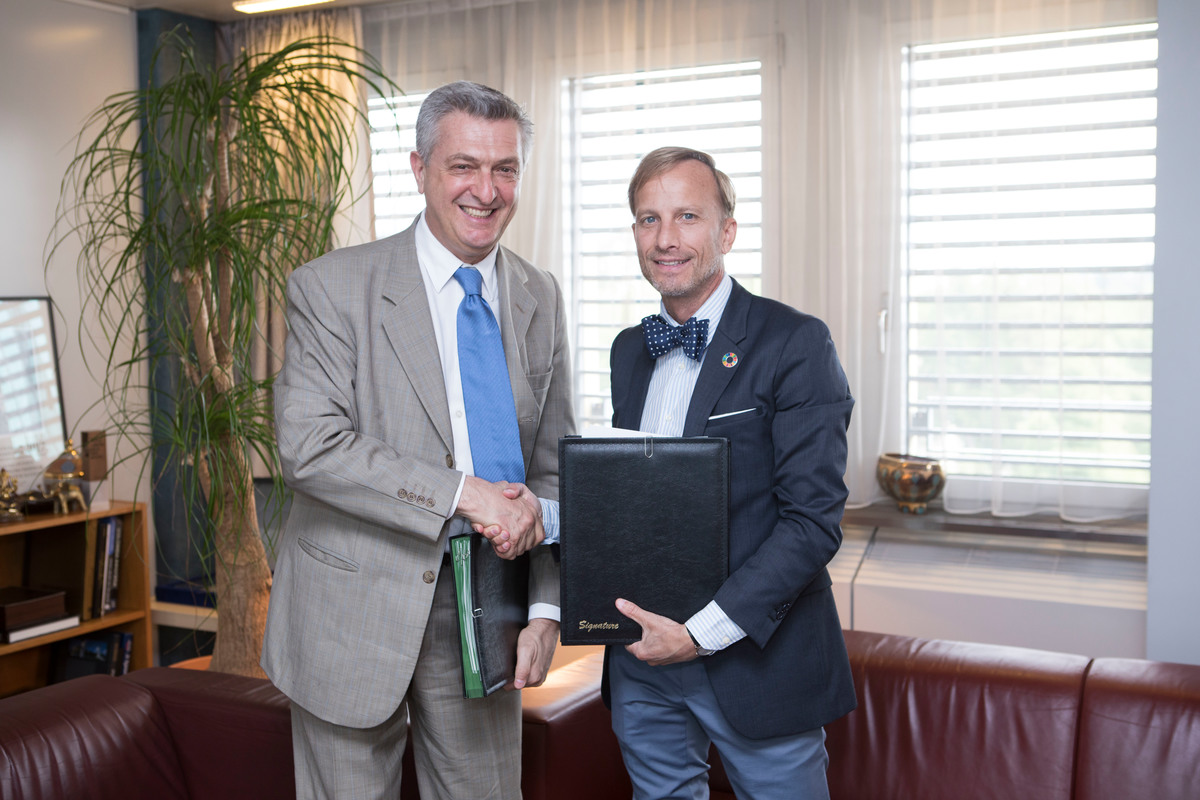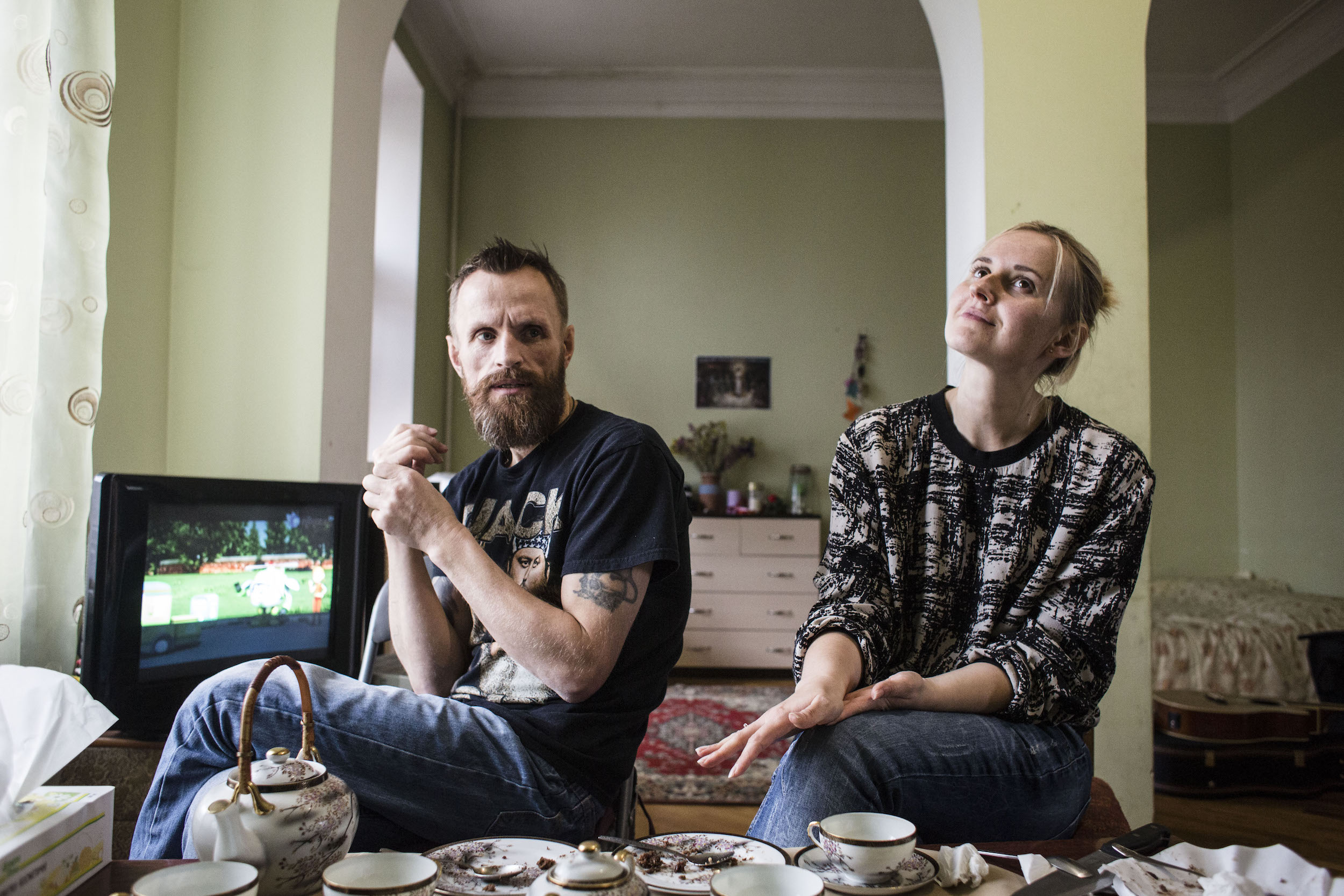UNHCR study challenges assumptions about refugees and HIV spread
UNHCR study challenges assumptions about refugees and HIV spread

GENEVA, June 29 (UNHCR) - A new UNHCR study of seven African nations challenges previous assumptions that conflict, forced displacement and widespread rape have increased the prevalence of HIV in sub-Saharan Africa and that refugees fleeing conflict spread the infection in host communities.
The study, published this week in the British medical journal The Lancet, says a survey of data on HIV prevalence in 12 refugee camps showed that nine actually had a lower prevalence of infection than surrounding host communities, while two had similar rates and only one a higher prevalence.
But the lead author, Dr. Paul Spiegel, stressed that the findings of the survey could not be universally applied to all conflicts in the world. "Every case must be examined individually and context is very important," said Dr. Spiegel, who heads UNHCR's HIV and AIDS unit. He added that the findings should not be interpreted to mean people should not worry about HIV in conflict.
Dr. Spiegel and his colleagues combined original data gathered by UNHCR with a systematic review of published work to compare prevalence of HIV infection in the Democratic Republic of the Congo, southern Sudan, Rwanda, Uganda, Sierra Leone, Somalia and Burundi.
A press release issued by The Lancet notes there is a common assumption that violence and rape fuel the HIV epidemic in countries affected by conflict, and that consequently refugees fleeing those countries have a high prevalence of HIV infection.
The UNHCR report challenges this view. "In the seven African countries, conflict appeared to keep the HIV prevalence lower than surrounding countries that did not have conflict," Dr. Spiegel said, reviewing the main findings of the report. "Since refugees come from these areas, refugees often have lower HIV prevalence than the surrounding communities, which ultimately will increase their vulnerability towards HIV," he added.
The report authors also found that despite wide-spread rape in many countries, there was no data to show that rape increased prevalence of HIV at the population level. "This does not mean that wide-scale rape may not increase the HIV prevalence given the right circumstances," Dr. Spiegel said, adding that "every single rape is a tragedy and we must provide strong care and support to rape survivors at all times."
He and his team said the dynamics of conflict and forced displacement may alter the pattern of sexual behaviour among those affected and actually reduce the transmission of HIV than would have occurred if conflict had not taken place.
The authors suggest that previous poor survey methods and biased interpretation of data might have led to the high rates of HIV infection previously reported during conflict. They point out that because data collection during conflict is fraught with difficulties and interpretation should be cautious, such estimates need to be supplemented with reliable data from after conflict. They conclude: "This study shows the need for mechanisms to provide time sensitive information on the effect of conflict on disease incidence."
Dr. Spiegel said that refugees could actually become more vulnerable to HIV infection depending upon the prevalence of surrounding communities with whom they interact. He added that strong and comprehensive prevention programmes needed to be set up to protect refugees against HIV when they were in such vulnerable situations.
Furthermore, he emphasized that the survey also showed that more attention needed to be paid to the post-conflict period where accessibility and mobility of populations recovering from war may create an environment conducive to the spread of HIV.
The UNHCR official said the report was aimed in part at policymakers and the media, "to not always blame refugees for everything." Dr. Spiegel said it would also benefit "actors in the field" and ensure that UNHCR and its partners reintensify prevention efforts towards refugees and strategize about HIV programmes in countries emerging from conflict.








